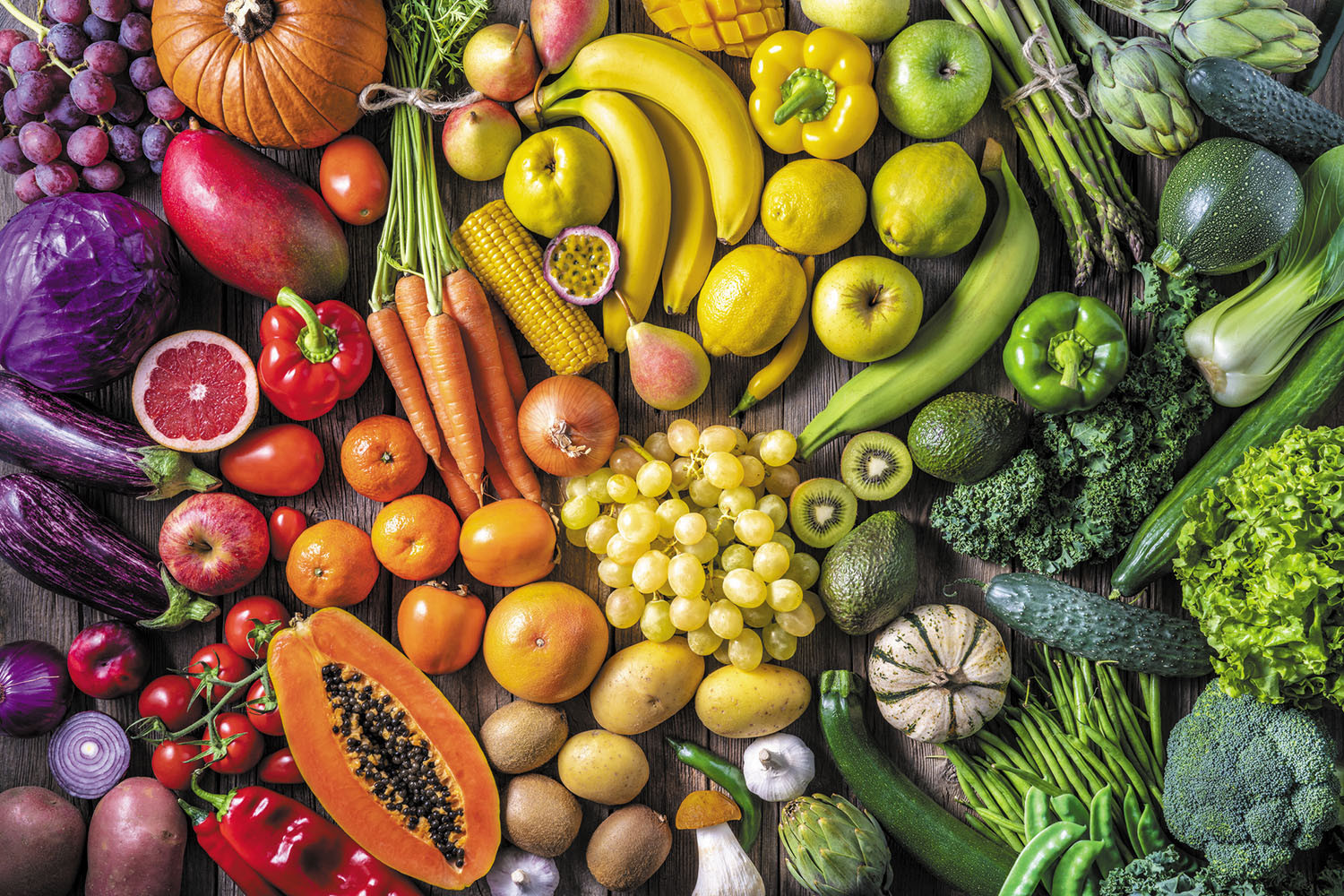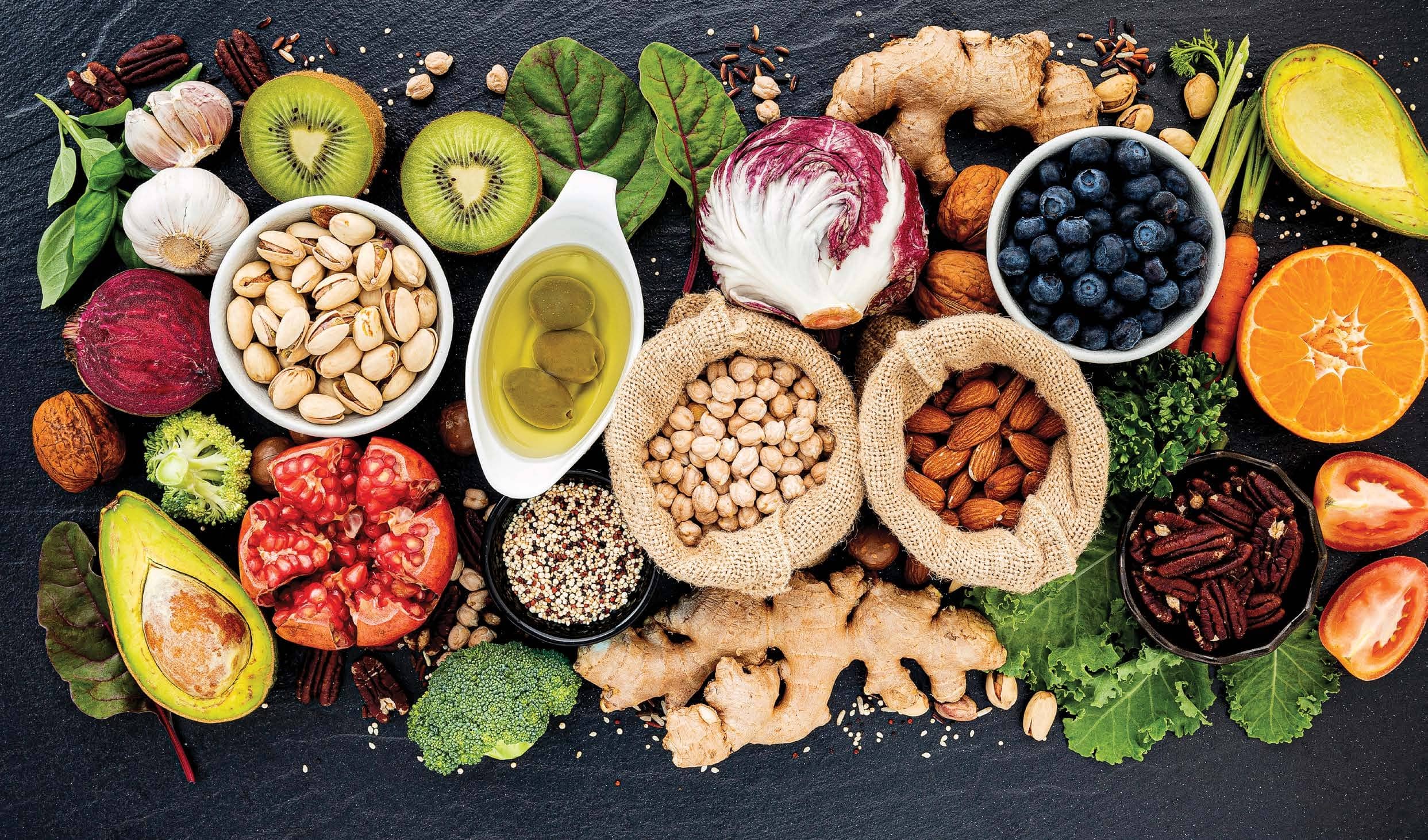National Nutrition Week is celebrated from September 1 to 7, 2022.
The basis of a healthy body is nutrition. Through food we try to get as many nutrients as possible. Every year, the first week of September is celebrated as National Nutrition Week. It aims to raise awareness of the importance of a balanced diet containing all the nutrients our body needs to maintain our general health. The Food and Nutrition Council of India, working under the Ministry of Women and Child Development, is responsible for the seven-day programme.
The central theme of World Nutrition Week in 2022:
Each year, National Nutrition Week features several programs aimed at targeting a specific issue. The previous year’s theme was “Feed Smart, Right From the Start.” This year’s theme will be “Celebrating the World of Flavors”.
The History and Significance of National Nutrition Week 2022
In 1975, the American Dietetic Association (ADA), currently known as the Academy of Nutrition and Dietetics, established National Nutrition Week. India started celebrating National Nutrition Week in 1982. During this week, the center is planning several initiatives to spread knowledge about the value of nutrition and how a healthy diet can improve health overall.
In this article, we’ve compiled some professional diet tips to help you meet your body’s basic nutritional needs to kick off National Nutrition Week.
Diet Tips for Optimal Nutrition

1.) High Protein Diet
According to nutrition experts, 10 to 35% of daily calorie needs should come from protein. Indian men weigh an average of 60 kg, while women weigh an average of 55 kg and both require 60 grams of protein. It is therefore essential to consume eggs, beans, dairy products, nuts, seeds and lentils due to their high protein content.
2.) Healthy Carbs
Most medical experts recommend eating starchy fruits, starchy roots like potatoes and sweet potatoes, and grains like rice, corn, millet, wheat, and barley at least once a day. day to give your body energy and essential vitamins and minerals.
3.) Water
Water not only quenches thirst, but also supports the majority of bodily processes. Along with other healthy liquids like coconut water, lemonade, and fruit juices, it is highly recommended to drink at least 6 to 8 glasses of water daily. You can also add flavor to your drinking water with herbs and spices like cumin seeds, coriander seeds, basil leaves, and mint leaves to get that extra nutritional benefit.
4.) Fresh fruits and vegetables

Fruits and vegetables not only provide us with fiber, vitamins and minerals, but they also provide antioxidants and flavonoids that boost immunity and keep us healthy.
Apart from a diet rich in protein and carbohydrates, we must also incorporate immunity-boosting foods to boost our natural immunity. Mentioned below are the top 10 ingredients that you should add to your diet to boost your immunity.
Top 10 foods that boost immunity

1.) Ginger
This miracle herb calms the agitated Vata (air component) of the body, which can be a common concern during the rainy season. It improves the digestion capacity of the body, which keeps you energetic. Additionally, ginger improves the absorption and delivery of nutrients to body tissues, which is essential to guard against colds and flu.
2.) Garlic
Garlic is another superfood in Indian cuisine. Garlic contains antioxidant properties that help improve your body’s natural immunity and speed up metabolism. The tastiest way to eat it is to include it in regular dals and curries. Spice up soups and sauces with garlic.
3.) Mint Leaves
Although it is normally advised to avoid eating green vegetables during monsoon, take mint as an exception. Try incorporating mint into warm salads, room temperature lemonades, and warming drinks, as it is a natural coolant. It acts as a natural decongestant to fight flu and colds.
4.) Moong Beans
This protein-rich food is popular throughout the year. Your health will benefit from the proteins, vitamins and minerals it contains, all of which help boost immunity, especially during the monsoon. It will help you achieve a balanced temperament by calming the air and fire elements in your body. The best way to eat it in this season is in the form of pancake or soup with moong as a base. Moong beans should not be eaten raw.
5.) Honey
Honey proves to be a blessing for people with poor digestion. It is a quickly digestible carbohydrate that provides instant energy. Many people may experience stomach problems during the monsoon. However, honey can help in smooth recovery from all types of flu throughout the monsoon. To benefit from its benefits, consume a teaspoon of honey with two teaspoons of lemon juice and a glass of lukewarm water first thing in the morning.
6.)Jowar
Jowar is a simple carbohydrate rich in iron, fiber and vitamin B3, all necessary for maintaining healthy metabolism, immune system and skin. During these cold months, you need foods that are naturally warming. You can use jowar to make porridge or Rotis.
7.) Bottle gourd
This original Indian component is easy to digest. Thanks to its high alkaline content, it helps maintain the functioning of your digestive system. Having a strong stomach is extremely beneficial during monsoon. There are a variety of ways to prepare squash, including making poached koftas, using them in soups, using them in parathas, or simply eating them as plain subji with chapatis.
8.) Turmeric
There is no better way to improve immunity than with turmeric. You need turmeric to prevent colds, flu, coughs and sore throats. Gargle with salt water and turmeric from time to time. The two best uses are regular cooking and making green tea.
9.) Rock salt
You should incorporate rock salt in your cooking during the monsoon season as it increases the pitta (fire) element in your body, which improves digestion, which is often poor in rainy weather.
10.) Bitter Gourd
Although it doesn’t taste particularly good, it offers many benefits. It contains plenty of vitamin C, which helps boost immunity and has powerful antiviral abilities to improve health.
